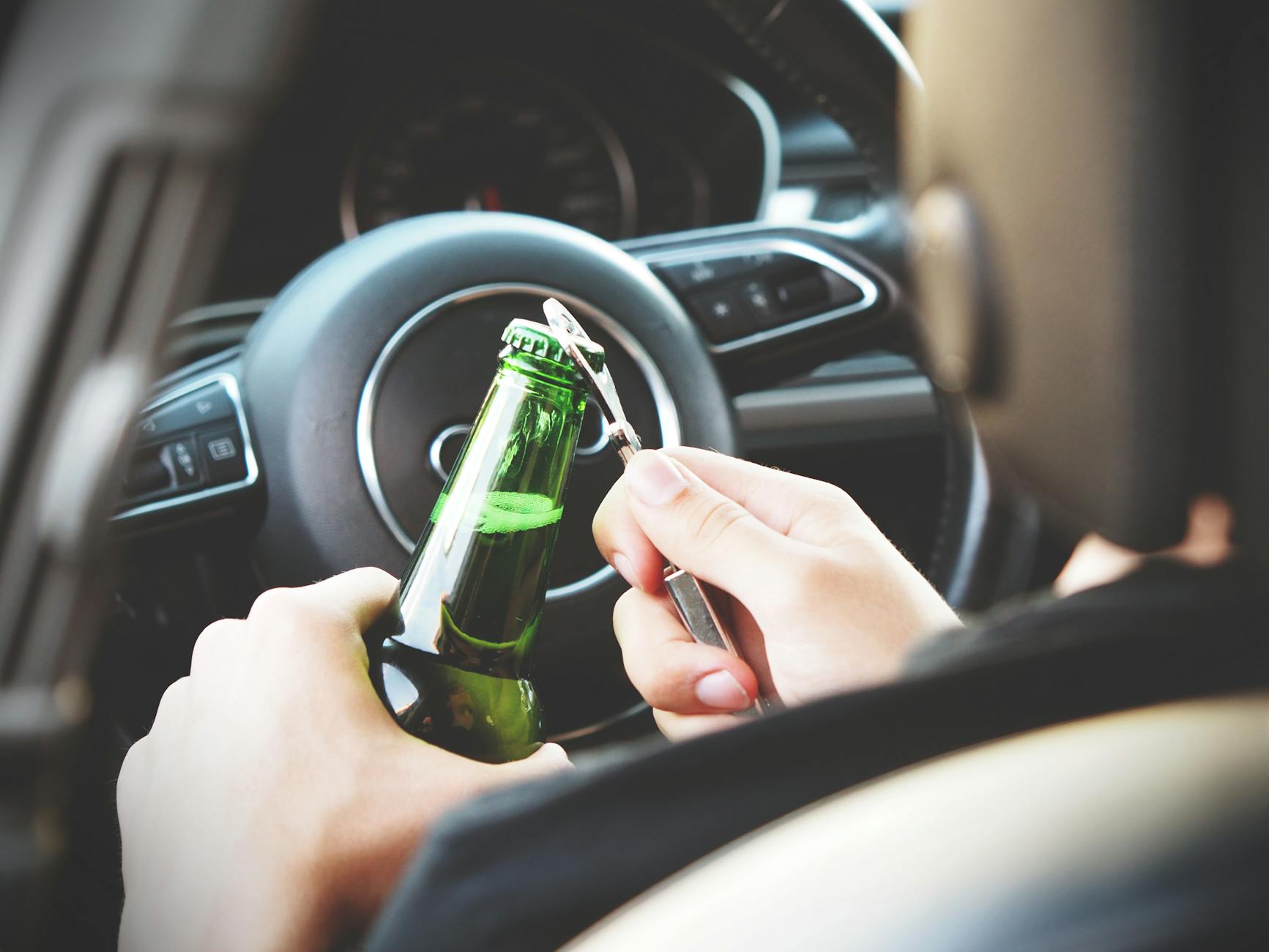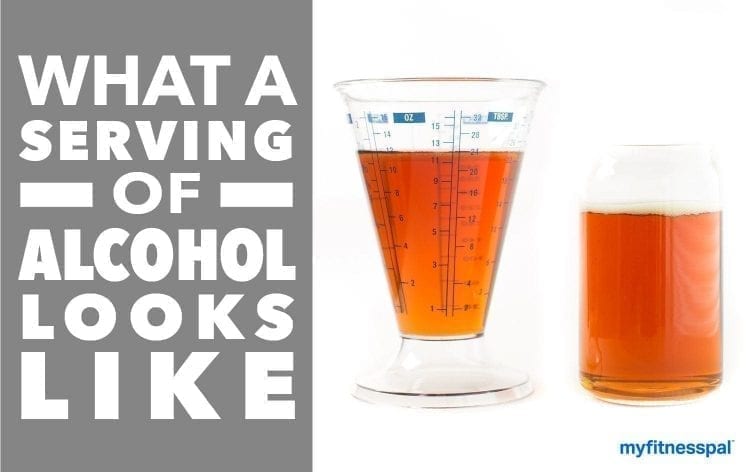Ever wonder how many beers it takes to get drunk based on your weight? Prepare to unravel this boozy mystery!

Image courtesy of energepic.com via Pexels
Table of Contents
When it comes to alcohol consumption, have you ever wondered how many beers it takes to get drunk? This question has intrigued many individuals, but the answer is not as straightforward as some may think. In this blog post, we will delve deep into the science behind intoxication, exploring the factors that determine how many beers it may take for different individuals to feel the effects of alcohol.
Understanding Alcohol Metabolism
Alcohol metabolism plays a crucial role in how our bodies process and eliminate alcohol. When we consume beer or any other alcoholic beverage, the alcohol is absorbed into the bloodstream through the stomach and small intestine. From there, it travels to the liver, where enzymes such as alcohol dehydrogenase and acetaldehyde dehydrogenase work to break down the alcohol into less harmful substances.
The rate at which alcohol is metabolized can vary from person to person. Factors such as genetics, age, and overall health can influence how efficiently the body metabolizes alcohol. Individuals with higher levels of alcohol dehydrogenase enzymes may be able to process alcohol more quickly, leading to a higher tolerance for alcohol.
Individual Tolerance Levels
One of the key factors that determine how many beers it takes to get drunk is an individual’s tolerance level. Tolerance to alcohol can be influenced by a variety of factors, including body weight, genetic predisposition, and alcohol use history.
Individuals with a higher body weight may require more alcohol to feel intoxicated compared to those with a lower body weight. This is because alcohol is distributed throughout the body based on body water content, with higher body weight individuals having more water to dilute the alcohol.
Genetics also play a role in alcohol tolerance. Some individuals may possess genetic variations that affect how their bodies process alcohol, leading to differences in tolerance levels. Additionally, individuals with a history of frequent alcohol consumption may develop a higher tolerance over time, requiring more drinks to achieve the same level of intoxication.
Factors Influencing Intoxication
Several factors can influence how quickly an individual becomes intoxicated after consuming beer. One key factor is the speed at which alcohol is consumed. Drinking alcohol rapidly can lead to a quicker rise in blood alcohol concentration, increasing the likelihood of feeling intoxicated sooner.

Image courtesy of blog.myfitnesspal.com via Google Images
The alcohol by volume (ABV) of different types of beers also plays a role in intoxication levels. Beers with higher ABV percentages contain more alcohol per volume, meaning fewer drinks may be needed to achieve a certain level of drunkenness.
Finally, mixing alcohol with other substances, such as energy drinks or medications, can impact intoxication levels. Combining alcohol with stimulants can mask the effects of alcohol, leading individuals to consume more alcohol than they would typically, potentially resulting in dangerous levels of intoxication.
Conclusion
In conclusion, the question of how many beers it takes to get drunk is not a one-size-fits-all answer. Alcohol metabolism, individual tolerance levels, and various influencing factors all play a role in determining how alcohol affects different individuals. It’s important to be mindful of your alcohol consumption and know your limits to avoid potential risks associated with excessive drinking.
Stay tuned for more blog posts exploring the intricate world of alcohol and intoxication. Remember, always drink responsibly.
FAQ
Question 1: How does body weight affect how many beers it takes to get drunk?
Answer 1: Body weight impacts alcohol distribution in the body; individuals with higher body weight may need more drinks to feel intoxicated due to more water content to dilute alcohol.
Question 2: Can genetics influence alcohol tolerance?
Answer 2: Yes, genetic variations can affect how the body processes alcohol, leading to differences in alcohol tolerance levels among individuals.
Question 3: What factors determine how quickly someone becomes intoxicated after drinking beer?
Answer 3: Factors such as the speed of alcohol consumption, alcohol by volume (ABV) of the beer, and mixing alcohol with other substances can impact intoxication levels.
Question 4: What role does metabolism play in alcohol processing?
Answer 4: Alcohol metabolism is crucial in breaking down alcohol in the liver, with enzymes like alcohol dehydrogenase and acetaldehyde dehydrogenase working to transform alcohol into less harmful substances for elimination from the body.
Powered by Texta.ai Blog Automation
Leave a Reply